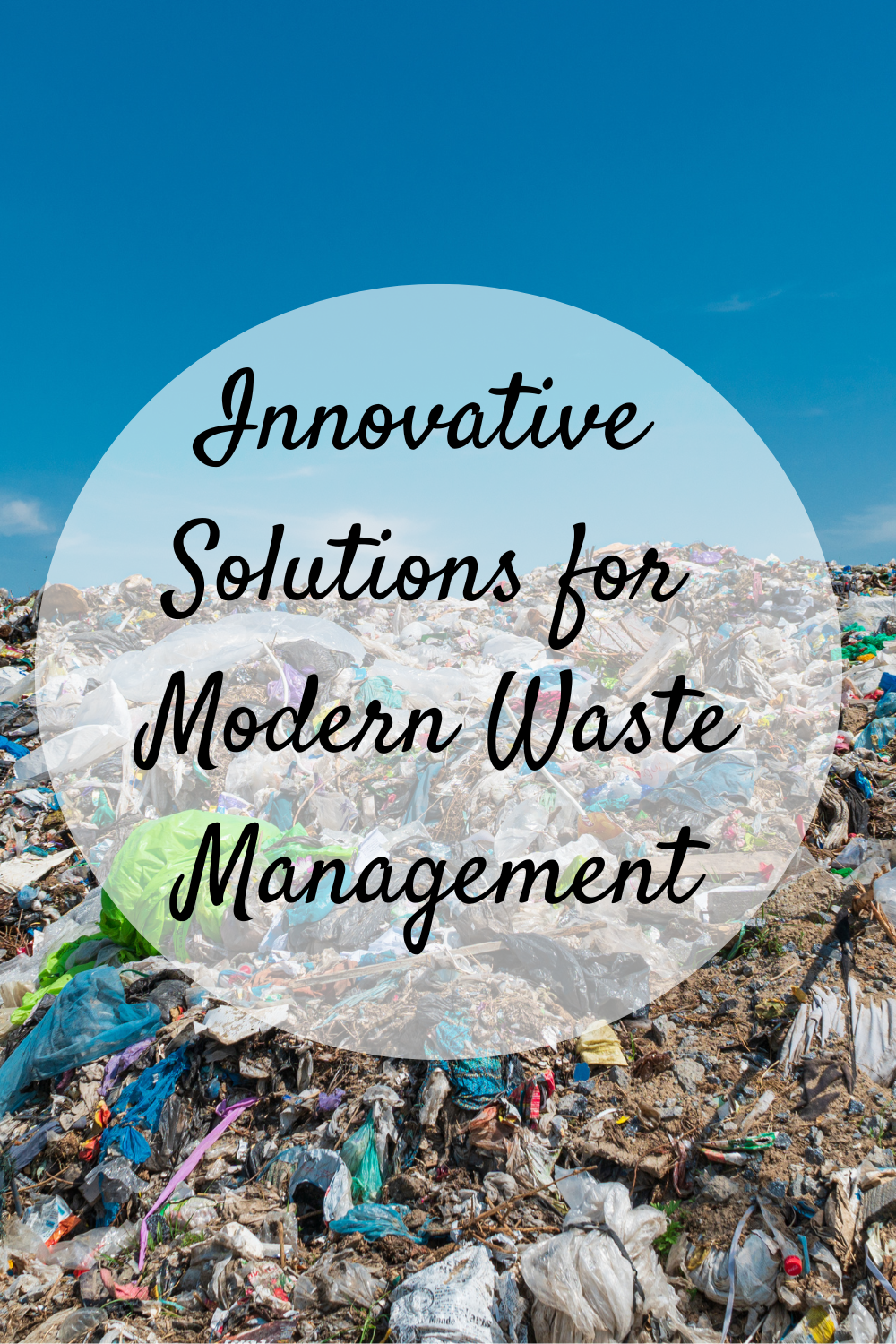

Modern waste management leverages innovative technologies like AI-driven sorting, intelligent bins, and waste-to-energy systems to improve efficiency and sustainability. These solutions reduce landfill dependency, enhance recycling rates, and minimize environmental impact. Integrating digital tools and green practices addresses global waste challenges and promotes eco-friendly approaches for a cleaner future.
As urban landscapes continue to grow and populations swell, the global community faces a mounting challenge: effectively managing the surge of waste produced daily. The situation is an environmental and economic concern, as ineffective waste management can increase operational costs and regulatory penalties. The need for innovative solutions, such as stationary waste compactor leasing, becomes imperative. These compactors present a proactive approach to dealing with sizable waste volumes, transforming how waste is processed before reaching disposal sites.
Traditional waste disposal methods, like landfill dumping, are reaching global capacity, necessitating innovative solutions to manage waste and reduce environmental impact while addressing the strain on urban infrastructures and public health systems.
Technological innovation is leading the next revolution in waste management. From integrating IoT (Internet of Things) devices to applying AI technologies, new advancements are contributing significantly to how waste is sorted, collected, and processed. Smart bins with embedded sensors can detect the level of trash inside and communicate directly with waste management systems, prompting timely collections and preventing overflow. In addition to improving efficiency, these technologies reduce the carbon footprint associated with waste collection by minimizing unnecessary transport emissions.
Moreover, enhanced recycling technologies enable the recovery of previously deemed non-recyclable resources. Companies now use AI to sort recyclables faster and more precisely than human counterparts, making recycling more efficient and cost-effective. Such advancements are crucial in the drive toward a sustainable future. Learn more about the latest waste management technology making waves in the industry.
Waste compactors are pivotal tools in the effort to minimize landfill dependence. Compactors reduce the need for repeated journeys to disposal locations by compressing garbage into much smaller volumes, which improves storage and transportation efficiency. This compression lessens waste’s physical space and directly cuts down on waste transport’s financial and environmental costs.
Compactors are utilized in urban and industrial settings to reduce waste volume and facilitate a cleaner and safer working environment. They can prevent environmental pollutants from seeping into the ground, protecting the ecosystem. Compacting waste also deters pests and vermin, making it a critical component of efficient waste management practices.
Modern waste management solutions provide numerous benefits beyond waste reduction. They offer cost advantages, such as lower waste hauling and landfill fees, and contribute to environmental conservation by reducing greenhouse gas emissions. Companies that adopt these practices often exceed regulatory requirements, avoiding fines and sanctions. Additionally, these practices can enhance a company’s brand image, showcasing its commitment to sustainability and corporate responsibility. As consumers become more eco-conscious, businesses that demonstrate genuine sustainability can reap reputational rewards.
Businesses can adopt eco-friendly waste management practices without a significant challenge. Simple strategies include implementing robust recycling programs, clearly marking bins, and communicating recycling guidelines with employees. Investing in waste management tools like compactors and modern auditing systems can improve waste assessment. An internal waste reduction policy can align the organization with sustainability goals. By encouraging a sense of pride among staff members and promoting environmental well-being, these actions help create a more environmentally friendly world.
The waste management industry will witness exciting new trends to enhance sustainability efforts further. The rise of AI and robotics in sorting facilities will drastically improve the accuracy and speed of recycling processes. This could lead to higher recovery rates of valuable materials that were previously too complex or too expensive to recycle.
An encouraging trend is the increasing governmental support for sustainable waste management practices through incentives and funding for research and development. A circular economy, where waste from one operation is turned into a resource for another, is also becoming increasingly important. Discover more about these emerging waste management trends that will likely dominate the industry in the coming years.
The increasing waste management challenges require innovative solutions that address environmental concerns and provide economic benefits. Sustainable waste management practices can reduce our ecological footprint and promote a cleaner environment. Collaboration across sectors is crucial for sustainable practices and innovation, ensuring a healthier planet for future generations.
Are you excited about a new adventure but still a little concerned about how to…
Furnishings and decor have a major impact on people's homes. They affect not only a…
Simple Dial 1-844-507-1991 to reach Expedia customer service for assistance with bookings, reservations, or any…
Introduction to Custom Wall Art Discover the world of personalized artwork and custom wall art…
In a world where screens dominate everything from education to playtime, parents are increasingly concerned…
Let’s face it—having physical cards is becoming a thing of the past. There’s a need…
This website uses cookies.